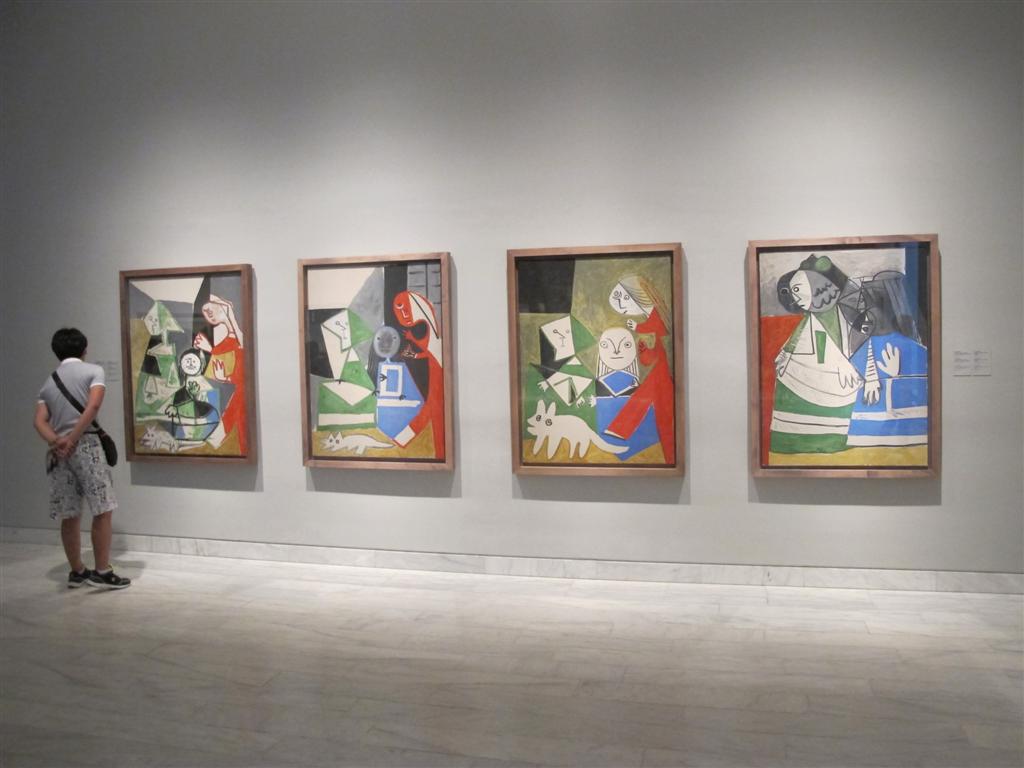Si estás pensando en hacer A level Spanish, quizá te apetezca leer o ver algunos de los materiales del curriculum.
Textos;
'Como agua para chocolate' - Laura Esquivel
'Crónica de una muerte anunciada' - García Márquez
'El coronel no tiene quien le escriba' - García Márquez
'Relato de un náufrago' - García Márquez
'Un día de éstos' - García Márquez (a short story from the collection; Los funerales de la
Mamá Grande)
'Bodas de Sangre' - García Lorca
'Yerma' - García Lorca
'La casa de Bernarda Alba' - García Lorca
'Las bicicletas son para el verano' - Fernán Gómez
'Réquiem para un campesino español' - Sender
'La casa de los espíritus' - Isabel Allende
'El príncipe destronado' - Miguel Delibes
'La Regenta' - Leopoldo Alas (Clarín)
'El sí de las niñas' - Moratín
'Historia de una escalera' - Buero Vallejo
'El alcalde de Zalamea' - Calderón
'La sombra del viento' - Ruiz Zafón
'El oro de los sueños' - José María Merino
'Lazarillo de Tormes' - anon
'El túnel' - Ernesto Sábato
'La familia de Pascual Duarte' - Camilo José Cela
'El Camino' - Miguel Delibes
Películas;
'El laberinto del Fauno' - Guillermo del Toro (2006)
'El espinazo del diablo' - Guillermo del Toro (2001)
'Volver' - Almodóvar (2006)
'Todo sobre mi madre' - Almodóvar (2009)
'Hable con ella' - Almodóvar (2002)
'Mujeres al borde de un ataque de nervios' - Almodóvar (2008)
'Diarios de Motocicleta' - Salles (2004)
'El Che' - Aníbal di Salvo (1997)
'De prisa de prisa' - Saura (1981)
'Carmen' - Saura (1984)
'Historia oficial' - Puenzo (1985)
'Nosotros los pobres' - Rodríguez (1948)
'Los otros' - Amenábar (2001)
'Mar adentro' - Amenábar (2004)
'Celda 211' - Monzón (2009)
'Los ojos de Julia' - Morales (2010)
'Un franco catorce pesetas' - Iglesias (2006)
'Los fantasmas de Goya' - Forman (2006)
'El método' - Piñeyro (2005)
'Las trece rosas' - Martínez (2007)
'El secreto de sus ojos' - Campanella (2009)
'El orfanato' - Bayona (2007)
'El lápiz del carpintero' - Reixa (2002)
'Sin nombre' - Fukunaga (2009)
'María llena eres de gracia' - Marston (2004)
'La lengua de las mariposas' - Cuerda (1999)
'Flores de otro mundo' Iciar Ballaín (1999)
'Te doy mis ojos' - Iciar Ballaín (2003)
'El espíritu de la colmena' - Victor Erice (1973)
'Muerte de un ciclista' - Juan Antonio Bardem (1955)
'Tres metros sobre el cielo' - Fernando González Molina (2010)
'Yo también' - Antonio Naharro (2009)
'Amores perros' - Alejandro González (2000)
'Bajarse al Moro' - Fernando Coloma (1992)
'Biutiful' - Alejandro González Iñárritu (2010)






















